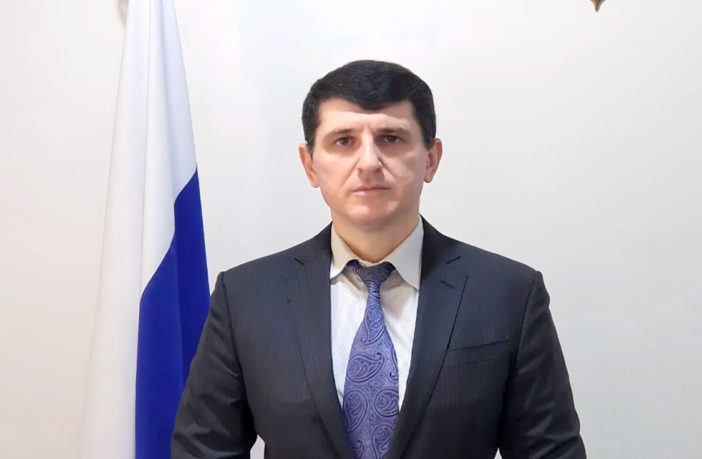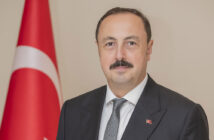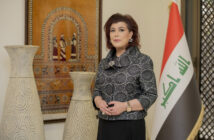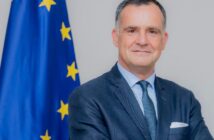In 1926, the first Russian Mission to Saudi Arabia was established in Jeddah. How do you envision your service and contribution to Russian Consulate General in Jeddah? How would you define your role in bridging and harmonizing the interests of two countries?
Historically, in 1891, the consulate in Jeddah was opened with the main purpose to support the Russian Muslims perform pilgrimages to holy cities Mecca and Medina. The tasks performed by the consulate included the passport service to the Russian citizens, assistance in their accommodation, and protection of their rights and interests. The historical materials show that the consulate was responsible for “protecting the interests of Russian, Bukhara and Chinese subjects.” In 1914, due to the outbreak of the First World War, the consulate was closed. In 1926, after the Soviet Union recognized the independence of Saudi Arabia, a plenipotentiary mission was opened in Jeddah. Unfortunately, in 1938, the plenipotentiary mission was closed for half a century when diplomatic relations between the USSR and Saudi Arabia were severed.
In 1990, an agreement was reached on the normalization of bilateral relations to restore diplomatic missions’ activities. Since April 1991, the Consulate General has been operating in Jeddah, and since May 1991 – the Russian Embassy in Riyadh. In December 1991, the Saudi Embassy in Russia was opened in Moscow. By mutual agreement of the Russian and Saudi sides, 7 of the 13 regions of Saudi Arabia were assigned to the Consulate General in Jeddah, which formed the Consular District, including Mecca and Medina.
The responsibilities of the current Consulate General of Russia in Jeddah are developing and strengthening relations between two countries, assisting Russian pilgrims, and protecting their and other Russian citizens’ rights and interests. Pilgrims and tourists are the essences of people-to-people diplomacy, and hundreds of thousands of Russian citizens visiting Saudi Arabia return with love and affection in their hearts. Therefore, creating decent conditions for them and helping them in difficult situations is the Consulate General’s main task, which we try to handle with the comprehensive assistance of the Saudi government.
In 2017, King Salman became the first Saudi monarch to pay an official visit to Russia. What is the role of wise leadership in overcoming adversity and moving towards prosperity?
In October 2017, the state visit of King Salman bin Abdulaziz Al Saud to Russia took place. The leaders of the two countries held talks, which resulted in the signing package of the documents. In particular, the Agreement on Cooperation in the Exploration and Use of Outer Space for peaceful purposes, the roadmap for trade, economic, scientific, and technological cooperation, cultural cooperation programs, as well as agricultural cooperation projects, program on implementation of cooperation in the field of peaceful use of nuclear energy, among others.
I also want to emphasize that Crown Prince Mohammed bin Salman visited Russia five times, not to mention other meetings on the sidelines of international summits. Leaders’ meetings contribute to solving many problems that exist both in the region and beyond. For example, environmental and clean energy programs and establishing a “green” economy pave the way for interaction between the two countries’ economies, promote an increase in trade turnover, foster tourism, and strengthen cultural ties. In addition, the fact that Russia and Saudi Arabia have already sent 14 satellites into space over the years of cooperation speaks volumes.
What economic opportunities will create Vision 2030 and the Strategy of Spatial Development of the Russian Federation until 2025? How can these initiatives diversify business collaboration between two countries?
In 2019, the Strategy of Spatial Development of the Russian Federation until 2025 was approved. It includes the main trends, problems and challenges, objectives, priorities, and directions of the spatial development of Russia. I will not go into details – the program is large-scale and ambitious. The Strategy of Spatial Development of the Russian Federation considers specific regional aspects of the country’s development, such as vast territory with a wide range of climatic zones, large undeveloped areas, disparities in the economic development of the regions. At the same time, it is consistent with the goals set by the Saudi Vision 2030. For example, our program encompasses the following objectives:
– Promotion of territorial development of the country;
– Economic growth acceleration;
– Implementation of an innovation-driven development of Russian Federation by leveraging the economic and technological potential of the largest urban agglomerations and other centers of economic activity;
– Improvement of environmental protection, conservation and restoration of biological diversity of Russia, minimization of negative impacts of climate change, protection of cultural landscapes;
– Enhancement of sustainability of national settlement system through socio-economic transformation of cities and rural areas.
In fact, Saudi Vision 2030 and the Strategy of Spatial Development of the Russian Federation have much in common. The challenges and tasks the two countries are facing are similar. Hence, I think we have a lot to learn from each other. That is to say, the authorities of our countries have identified the problems and already started to address them. Our task as diplomats is to facilitate this process, provide information on what can be learned from each other’s experience, and push forward joint projects and solutions to achieve existing goals.
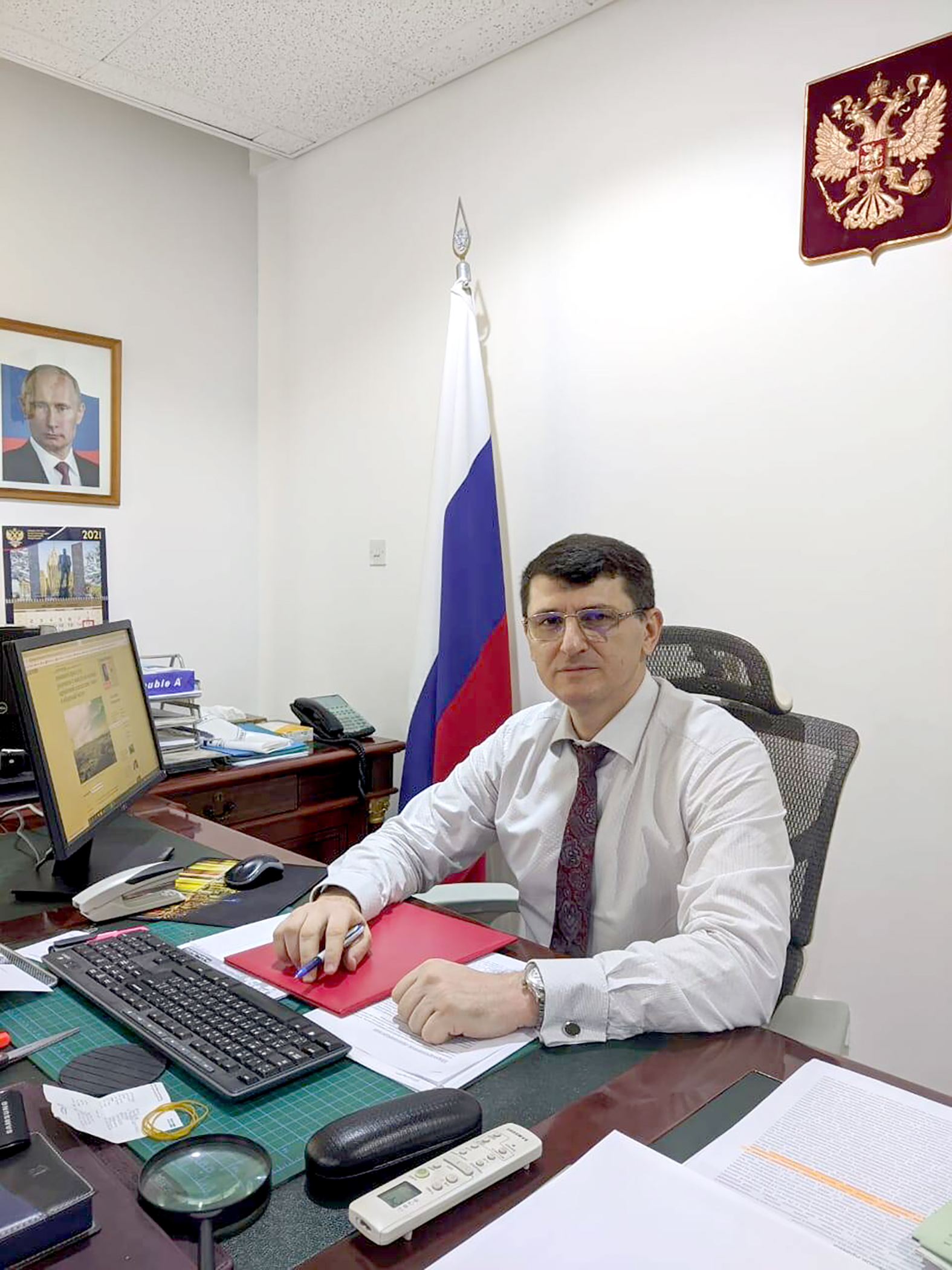
A career diplomat, you have served mostly in the Middle East (Yemen, Lebanon, and Egypt). How do assignments in the Middle East challenge you, and what is the rewarding part?
As they say in Russia, the East is a delicate matter. I am grateful to fate that I could devote my life to this difficult but extremely interesting region. Each country where I worked, including Saudi Arabia, has its unique features and diversity, including a wide range of cultures, confessions, natural landscapes. At the same time, they have one thing in common – wonderful and hospitable people.
Generosity, willingness to help a foreigner, to show their country and culture in the best possible light is a distinctive feature of the Arabs. I always tell young employees that they will receive a hundredfold return if they love the Middle East. The best years of my family have passed here. This is the main reward for me both as a professional Russian diplomat and as an ordinary human being.

